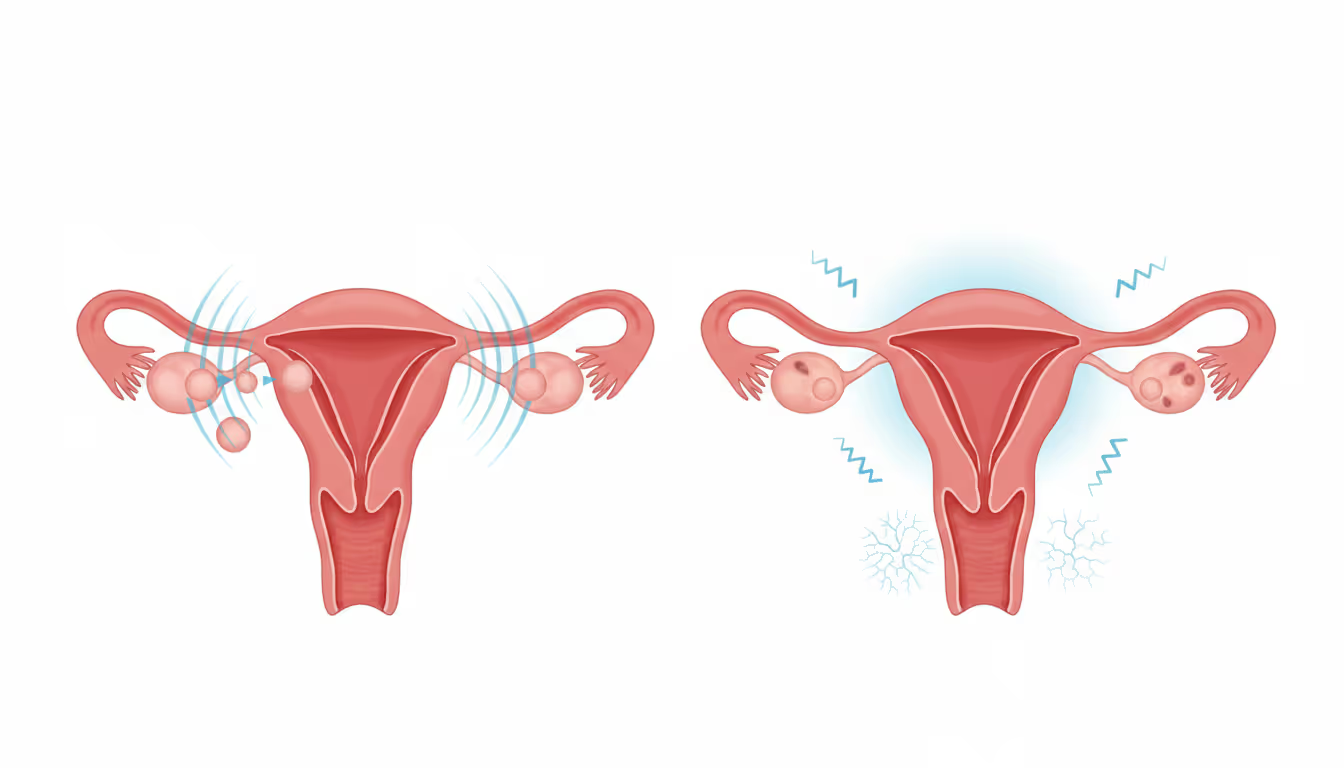
Menopause marks the phase in a woman's life when her menstrual cycles cease permanently, often referred to as the "change of life." This stage is defined by the absence of menstrual periods for 12 consecutive months without any other identifiable biological or physiological cause. It signifies the conclusion of fertility and the end of the childbearing phase. However, until a woman has gone 12 months without a period, pregnancy remains a possibility.Women approaching menopause often notice changes in their menstrual cycles. The medical terms for this period are "perimenopause" and the "menopause transition." Natural menopause happens when the ovaries gradually reduce their production of sex hormones. In contrast, induced menopause results from the surgical removal of the ovaries (oophorectomy) or damage from radiation or drugs. This abrupt cessation of ovarian hormones can lead to a sudden onset of menopausal symptoms, including vaginal dryness and decreased libido. Early menopause, occurring before age 40, whether natural or induced, poses a higher risk for certain health issues due to prolonged periods without estrogen's protective effects.A "simple" hysterectomy, which involves removing the uterus but not the ovaries, should not affect hormone production or cause menopause unless the procedure damages the ovarian nerves or blood supply. The timing of natural menopause varies, with the average onset at age 51 in Western countries. Yet, menopause can begin as early as a woman's 30s or as late as her 60s, influenced by factors such as genetics and smoking habits. Women who smoke or have smoked typically experience menopause about two years earlier than non-smokers.There is no connection between the age of a woman's first menstruation and her age at menopause. Factors such as race, height, number of children, or use of oral contraceptives do not affect the timing of menopause. The changes associated with the menopause transition, or perimenopause, typically start around six years before natural menopause. During this time, hormonal fluctuations can lead to irregular menstrual cycles, hot flashes (sudden warmth and blushing), mood swings, vaginal dryness, changes in sexual desire, forgetfulness, sleep disturbances, and fatigue, likely due to sleep loss.




